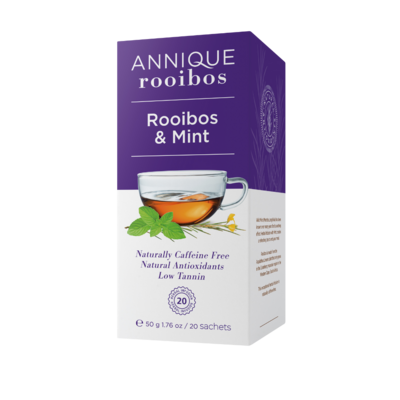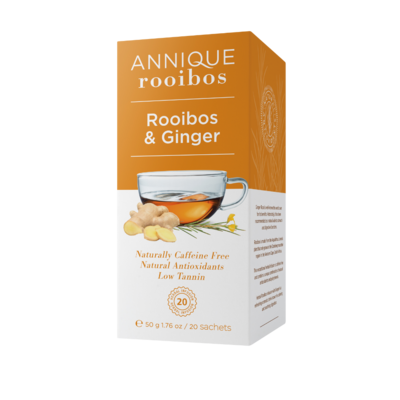 |  |  |  |  |
|---|---|---|---|---|
 |  |  |  |  |
 |  |  |  |  |
 |  |  |  |  |
 |  |  |  |  |
 |  |  |  |  |
 |  |  |  |  |
 |  |  |  |  |
 |  |  |  |  |
 |  |  |  |  |
 |  |  |  |  |
 |  |  |  |  |
 |
Annique Irritable Bowel (IBS)
Irritable bowel syndrome (IBS) is a common disorder that affects the large intestine. Signs and symptoms include cramping, abdominal pain, bloating, gas, and diarrhea or constipation, or both
There are four subtypes of IBS:
- IBS-C = IBS-Constipation
- IBS-M = IBS-Mixed (constipation and diarrhoea)
- IBS-D = IBS-Diarrhoea
- IBS-U = IBS-Unspecified (final diagnosis hasn’t yet been made)
Subtyping of IBS into IBS-C, IBS-M, IBS-D or IBS-U is dependent on the person ’s report of the frequency of stool types based on the standard Bristol Stool Scale:
- Type 1: Separate hard lumps like nuts (hard to pass)
- Type 2: Sausage-shaped, but lumpy
- Type 3: Like a sausage, but with cracks on the surface
- Type 4: Like a sausage or snake, smooth and soft
- Type 5: Soft blobs with clear-cut edges
- Type 6: Fluffy pieces with ragged edges, a mushy stool
- Type 7: Watery, no solid pieces, entirely liquid
Who gets irritable bowel syndrome (IBS) and how common is it?
Since many people with irritable bowel syndrome (IBS) don’t report their symptoms to doctors, it's difficult to say how many people are living with the condition. However, in most countries, the prevalence is estimated to be between 9% and 23% of the population.
In South Africa, the prevalence of IBS is estimated to be below 8% of the population, according to a study conducted by Lovell and Ford in 2015. But the numbers were based on a study conducted as far back as 1984. Therefore, we really don’t know how many South Africans currently suffer from IBS.
Being female, being between the ages of 30 and 45, and having a family history of IBS may place you at higher risk for the condition.
Factors that make IBS better or worse
Stress, anxiety and depression don’t cause IBS, but they can increase the frequency and severity of symptoms. For this reason, it’s important to address these mental-health problems through therapy and/or medical treatment. This will help to improve your symptom management and quality of life.
A poor diet (i.e. a westernised diet that’s low in fibre, high in fat and saturated fat, high in sugar and salt, and low in fruit and vegetables) doesn’t cause IBS, but it can certainly exacerbate the symptoms. Adopting a gut-healthy diet is important to address the symptoms of IBS (constipation, diarrhoea, bloating and heartburn).
It will also help to promote the growth of beneficial gut flora.
Not getting enough sleep and being sedentary can also make managing your IBS symptoms very difficult. Exercise daily, if you can, and make a point of getting sufficient sleep (7 - 8 hours a night).
Create good eating habits to improve digestion
- Eat three regular meals a day and do not skip meals.
- Eat slowly and mindfully in a relaxed manner (preferably at a table) and avoid gobbling down food on the run.
- Do not overeat at mealtimes and avoid second portions.
- Eat slowly and chew your food well.
- Avoid carbonated beverages.
- Don’t drink through a straw.
- Avoid chewing gum as this will cause you to swallow air.

![Annique Forever Healthy Zerotox - [Previous OptiClear] 30 Capsules Annique Forever Healthy Zerotox - [Previous OptiClear] 30 Capsules](https://d2j6dbq0eux0bg.cloudfront.net/images/4191228/3131939681.jpg)






